According to current regulations, agricultural land use tax is exempted until December 31, 2025. Recently, the Ministry of Finance continued to propose exemption and reduction of agricultural land use tax (ADT) until December 31, 2030. This is not only a solution to support farmers but also a long-term strategy to develop sustainable agriculture, improve competitiveness in the context of deep international economic integration; create jobs for rural areas and promote new rural development.
Specifically: Resolution No. 55/2010/QH12 dated November 24, 2010 regulating exemption and reduction of land use tax agricultural sector in the period 2011-2020; Resolution No. 107/2020/QH14 dated June 10, 2020 continues to extend the tax exemption period until December 31, 2025. Thus, the proposal to extend the tax exemption period until 2030 is the next step in a series of consistent policies with a solid legal basis, aiming to meet the practical requirements of agricultural development and social security stability. I think this proposal clearly demonstrates 3 goals:
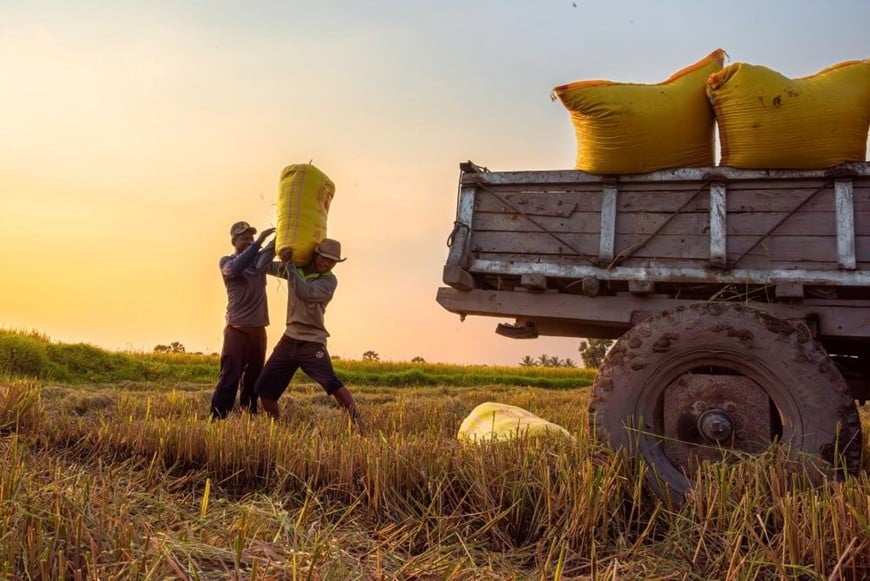
First, supporting farmers and promoting agricultural production: Tax exemptions help reduce input costs for farming households, especially small-scale farmers. This creates conditions for them to continue production, maintain their livelihoods and contribute to ensuring national food security.
Second, encouraging investment in agriculture: In recent years, the Government has promoted attracting investment in high-tech agriculture and organic agriculture. The policy of exempting agricultural land use tax helps businesses reduce the financial burden when investing in raw material areas or large-scale agricultural projects.
Third, contributing to social equity and sustainable development: Many rural areas still face difficulties and low average income. Tax exemption policy is one of the measures to create equity between urban and rural areas, thereby promoting comprehensive and sustainable economic development.
One of the issues that is often raised is that tax exemption can affect budget revenue. According to Minister of Finance Nguyen Van Thang, summarizing and evaluating more than 20 years of implementing the policy of exemption and reduction of agricultural land use tax, the total amount of agricultural land use tax exempted and reduced in the period 2001-2010 averaged about 3,268.5 billion VND/year; in the period 2011-2016 averaged about 6,308.3 billion VND/year; in the period 2017-2020 averaged about 7,438.5 billion VND/year; in the period 2021-2023 averaged about 7,500 billion VND/year. This is a large number but still small compared to the positive impacts of the exemption of agricultural land use tax. More importantly, this "lost revenue" cost can be completely considered a reasonable social investment. Because, through maintaining stable agricultural production, the State can reduce the burden of social subsidies, prevent unemployment in rural areas and stabilize the social situation - values that cannot be measured by specific numbers. Reasonableness and necessity in the current period.
Assessments in localities show that there have been no major problems in implementing this tax exemption and reduction policy and localities believe that continuing to exempt and reduce agricultural land tax is appropriate and necessary to encourage agricultural production development and promote structural transformation of the agricultural sector.
In fact, Vietnam's agricultural sector is still facing many challenges: climate change, high material costs, competitive pressure from international integration and especially the situation of "abandoning fields" occurring in some localities due to low profits from agriculture. In that context, maintaining the tax exemption policy is an indirect but effective measure to encourage people to stick with the fields. From a legal perspective, this policy needs to be stable in the long term to create peace of mind for land users. Extending the tax exemption period until 2030 will help individuals and organizations plan sustainable production and business, while creating trust in the State's policies.
Although I support this proposal, I also think that certain improvements are needed for the policy to be most effective. It is necessary to clearly identify tax exemption subjects, ensuring that only those who actually use land for agricultural purposes, without transferring or leasing for the wrong purpose, will enjoy incentives; strengthen supervision, avoid taking advantage of the policy, need to have an inspection and post-inspection mechanism to detect and handle cases of taking advantage of tax exemption policies to occupy land or not use land for the right purpose; combined with other policies, tax exemption is only a part of the overall agricultural policy. It is necessary to combine with credit support, science and technology, agricultural insurance, and technical training to create a comprehensive boost for the industry.
The proposal to extend the exemption period for agricultural land use tax until the end of 2030 is a correct policy, in line with the law and practical context. This is a policy that not only supports the economy but also demonstrates the State's concern for farmers, a large and persistent force in the cause of national development. The continuation of this policy needs to be considered and approved by the National Assembly on a scientific, practical and strictly legal basis. At the same time, competent agencies need to ensure serious and transparent implementation so that the policy is not only "correct" but also "hits" the right subjects, the right targets and the right time.
Source: https://baolangson.vn/tiep-tuc-mien-thue-su-dung-dat-nong-nghiep-den-het-nam-2030-tiep-suc-nong-dan-5049513.html








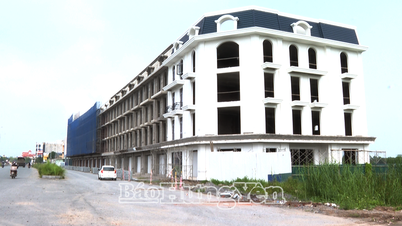

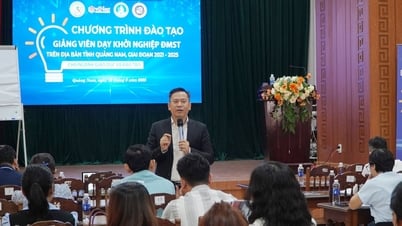

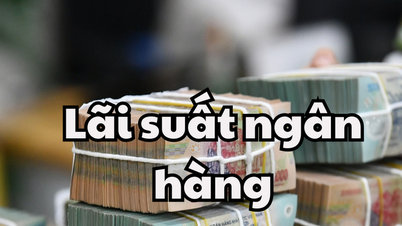
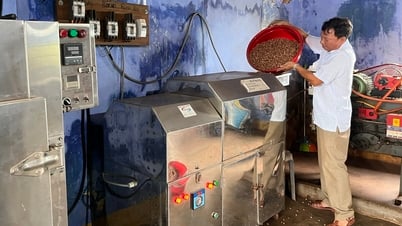



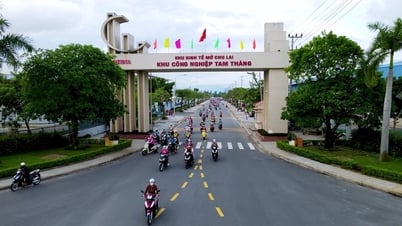





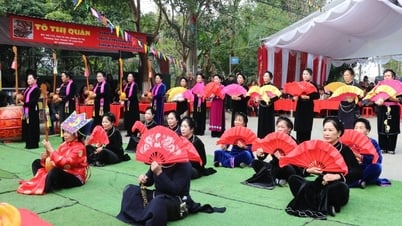
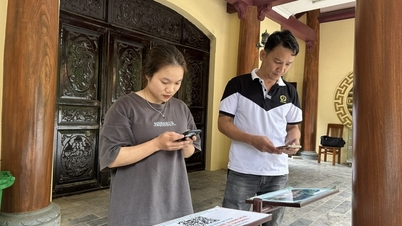
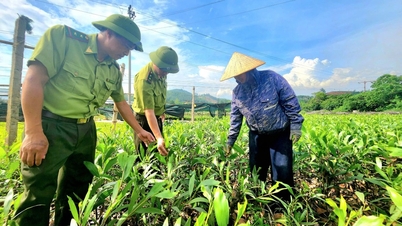
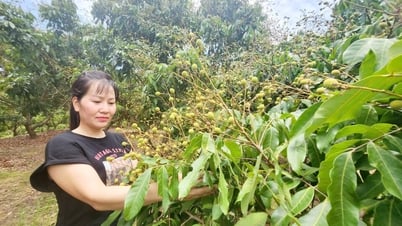










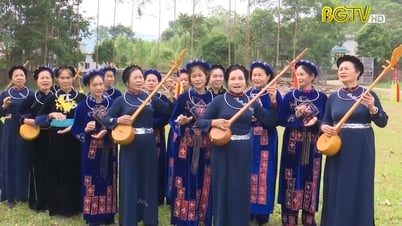

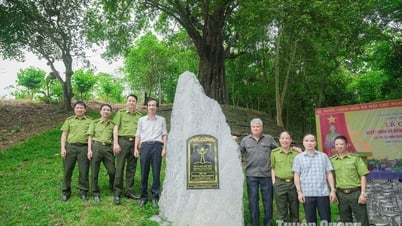





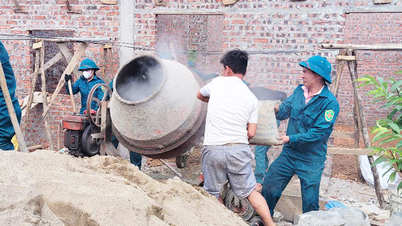




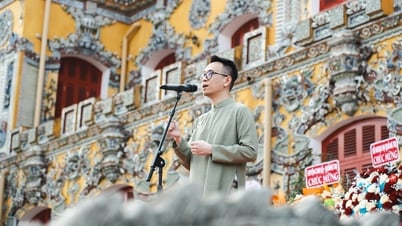






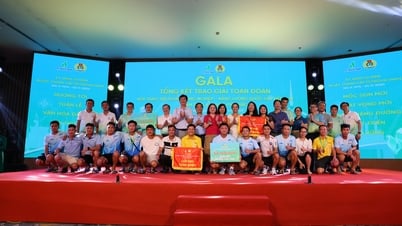

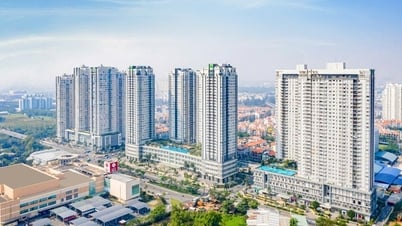
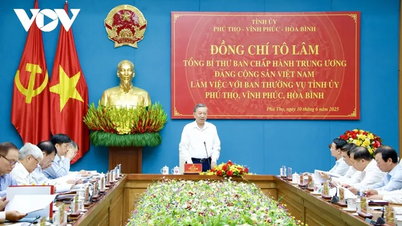

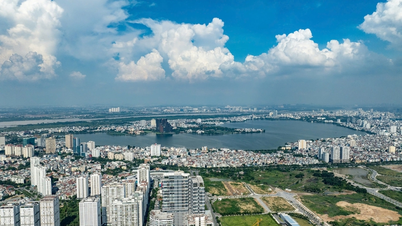


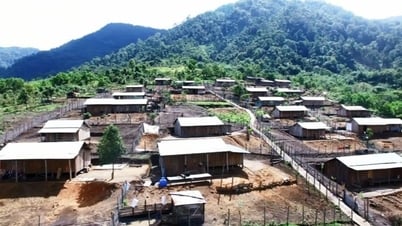
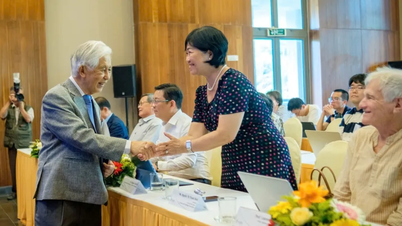
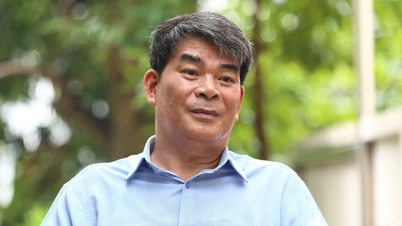
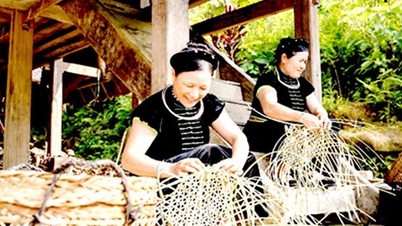


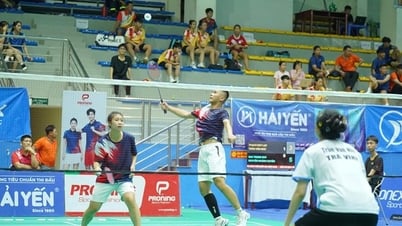
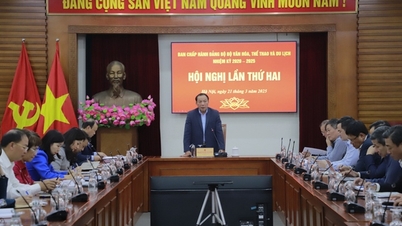
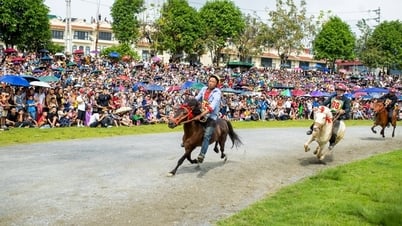





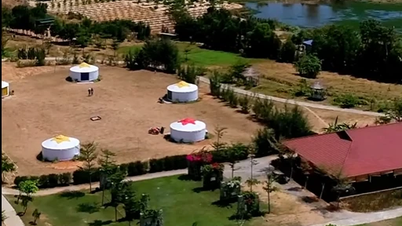


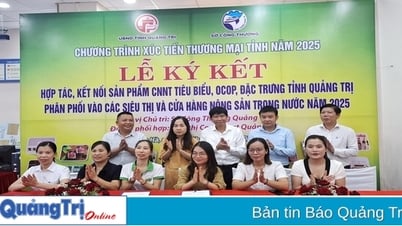

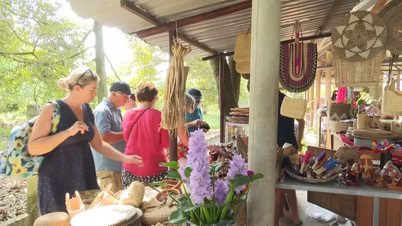

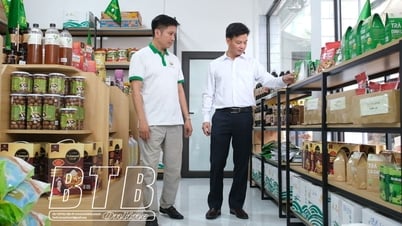

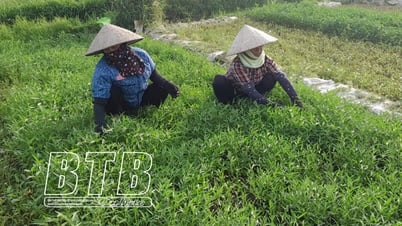
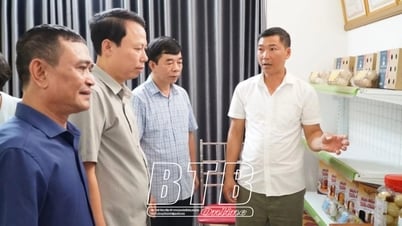



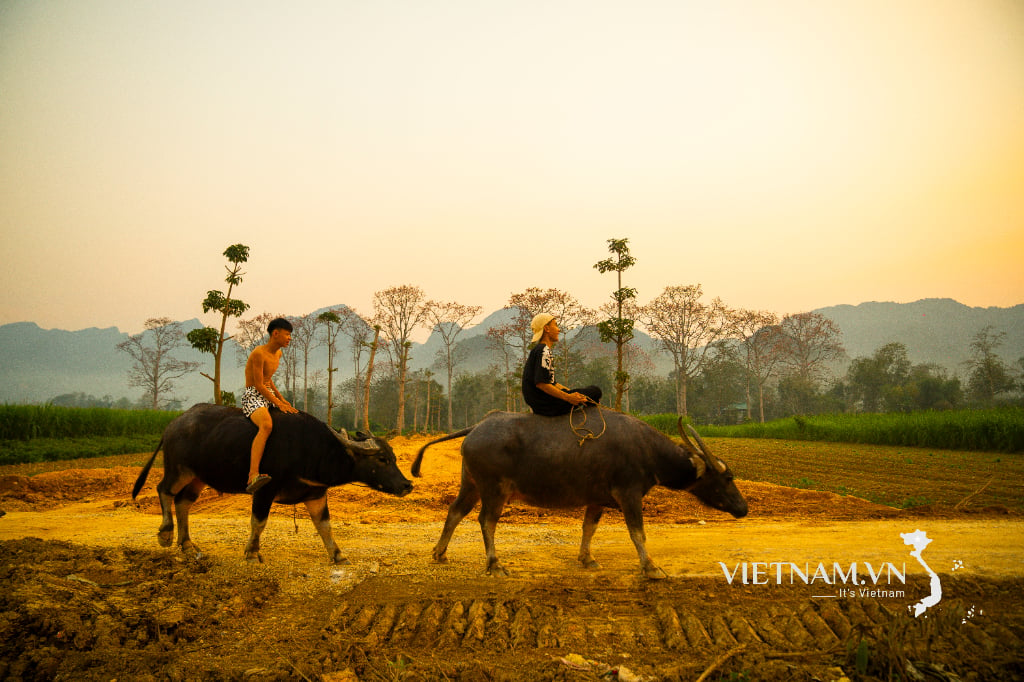

Comment (0)